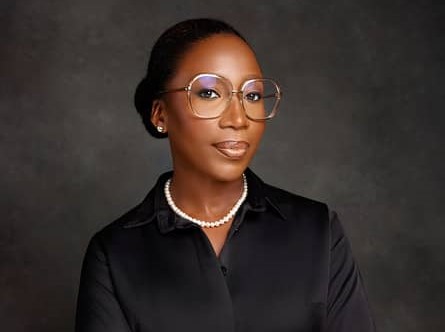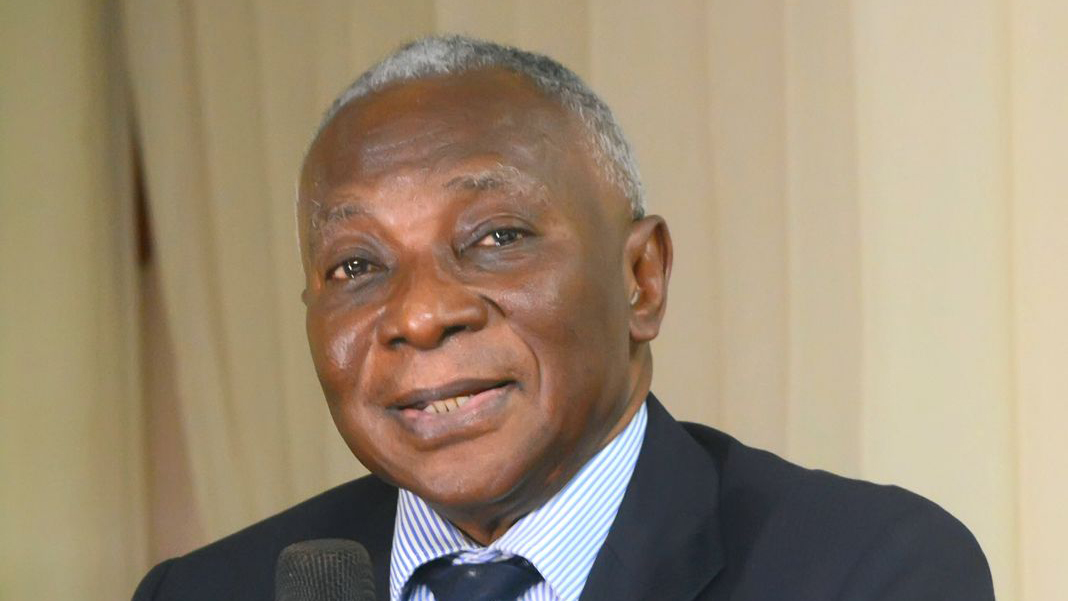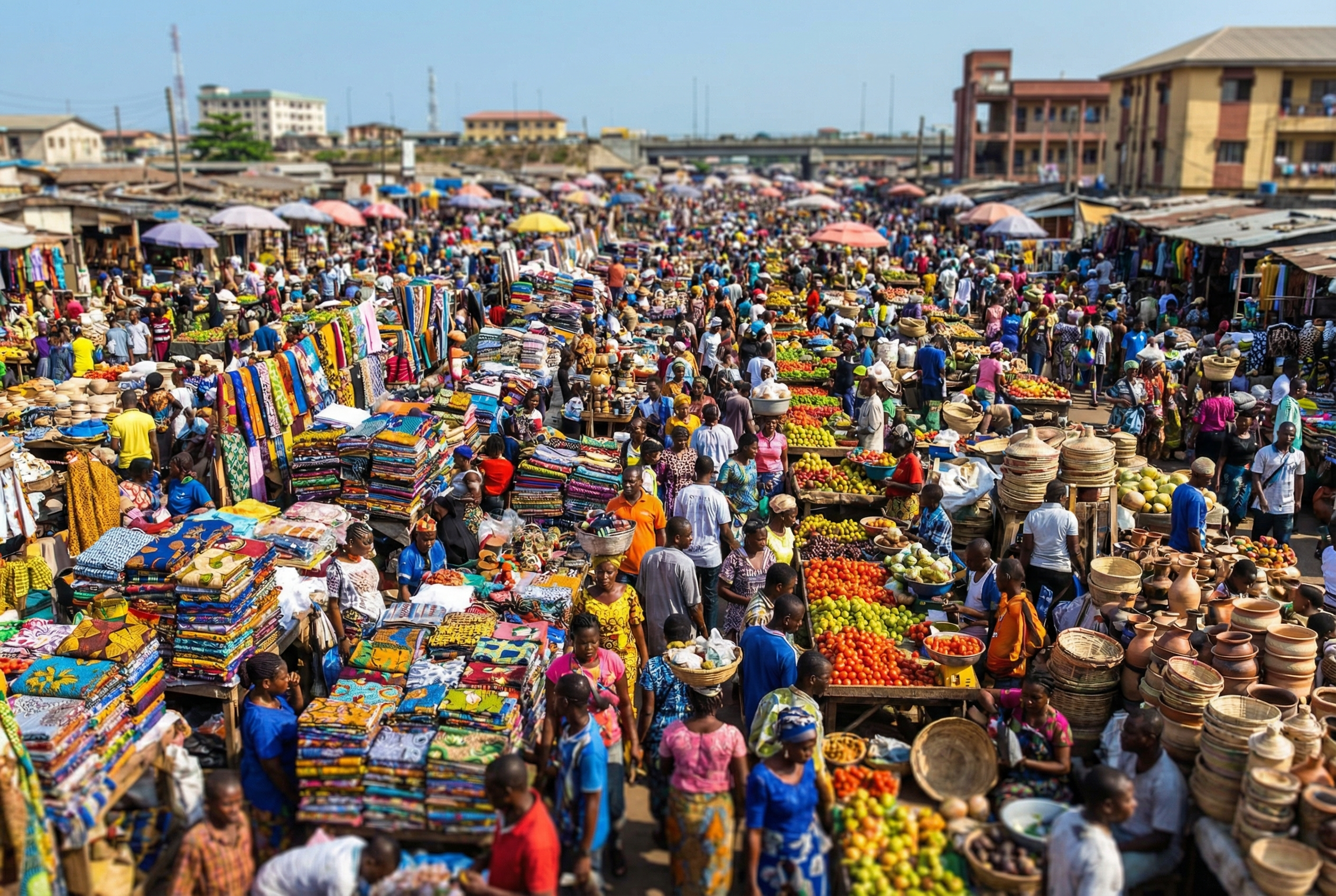 African’s energy industry is transforming, with Environmental, Social, and Governance (ESG) principles at the core of this shift. In 2024, ESG is no longer a buzzword or an optional box to check— it’s central to how investors and companies assess the attractiveness and suitability of financing, mergers, and acquisition deals, particularly in the oil and gas sector. This shift isn’t just about avoiding disasters; it’s about driving long-term value and sustainability. In this rapidly evolving landscape, companies that fail to adapt risk being left behind.
African’s energy industry is transforming, with Environmental, Social, and Governance (ESG) principles at the core of this shift. In 2024, ESG is no longer a buzzword or an optional box to check— it’s central to how investors and companies assess the attractiveness and suitability of financing, mergers, and acquisition deals, particularly in the oil and gas sector. This shift isn’t just about avoiding disasters; it’s about driving long-term value and sustainability. In this rapidly evolving landscape, companies that fail to adapt risk being left behind.
ESG and investment decision-making
The big question everyone is asking is: what really matters to investors today? When it comes to specific ESG factors, investors are zeroing in on three critical areas: Environmental stewardship, social responsibility, and governance frameworks. They are looking for more than just solid financial performance, investors want rigorous assessments of these key areas.
ESG performance now shapes not only which projects receive funding but also influences how deals are structured and valued. Companies with strong ESG credentials have an edge — they can often negotiate better terms, like access to sustainability-linked loans, which tie financial terms to a company’s environmental or social performance. Investors expect clear, standardised ESG reporting that not only shows where a company stands now, but also lays out a roadmap for long-term sustainability. By addressing these factors from the start, companies can get ahead of potential risks, protecting their reputation and reducing the chance of regulatory or operational hiccups down the road.
Environmental impact
Environmental concerns, particularly issues like gas flaring, have been long-standing challenges in Africa’s oil and gas industry. In Nigeria, for instance, the government has tightened regulations on gas flaring, requiring companies to adopt cleaner technologies. Investors responded by prioritising projects that not only comply with these local regulations but also align with global sustainability goals, such as the Paris Agreement. Recognising this, companies like Lekoil have since transitioned to using gas to power its operations instead of flaring. Excess gas can be used to power street lights and other community projects. Aligning environmental practices with regulatory standards not only enhances project appeal, but also mitigates risk, preventing stranded assets or undervaluation.
Social licence to operate: Beyond compliance
How companies engage with local communities can make or break a project. Investors today closely scrutinise how oil and gas companies contribute to local job creation, infrastructure, and overall community development. Projects that overlook these factors or ignore labour rights are at higher risk of community opposition, which can lead to costly operational delays.
On the other hand, companies that proactively engage with communities, ensuring that they share in the economic benefits of a project, can maintain a social license to operate. In Africa, where oil and gas projects are often situated in areas with sensitive social dynamics, early and transparent engagement with local communities can be crucial for long-term project stability.
Establishing local grievance mechanisms, signing Memorandums of Understanding (MOUs) with communities, and creating local employment opportunities are effective ways to build trust. Involving the community early ensures that local stakeholders are aligned with company operations and expectations. Fostering trust with communities starts with genuine inclusion in decision-making processes. Collaborating with local leaders to support community initiatives like healthcare, education, or infrastructure builds a foundation of transparency and goodwill that sustains projects over the long term. This proactive approach not only benefits communities but also helps attract investors who value stability, prioritising companies with a lower risk of community conflicts and higher levels of transparency.
Governance and transparency
Strong governance is just as vital for managing risk and attracting investment. Transparency, particularly in financial reporting and anti-corruption measures, reassures investors that a company operates ethically and in compliance with both local and international standards. In Nigeria, compliance with regulations like the Local Content Act, which sets requirements for local employment, is crucial to maintain legitimacy and earn investor trust.
A notable development in Nigeria’s sustainability journey has been the rise of independent ESG assessments provided by rating agencies, offering companies a way to benchmark their ESG performance and keep track of their progress. Such external oversight helps companies stay on track with their sustainability goals, offering investors clarity on a company’s ESG commitment and long-term value. In emerging markets, where non-financial risks are sometimes harder to evaluate, these assessments are a valuable tool.
ESG standards and the future of energy in Africa
As the global focus on sustainability intensifies, companies with strong ESG frameworks are better positioned to access international markets and partnerships. ESG standards will continue to reshape the oil and gas industry in Africa and companies that embrace these standards are positioning themselves for success in an increasingly competitive market.
For these companies, integrating ESG principles—such as engaging with communities, reducing environmental impact, and ensuring transparency—better equips them to navigate the complexities of operating in Africa, securing not just a licence to operate but a lasting legacy of responsible and sustainable development.
Fajemirokun is a seasoned people management strategist with over 12 years of experience.






